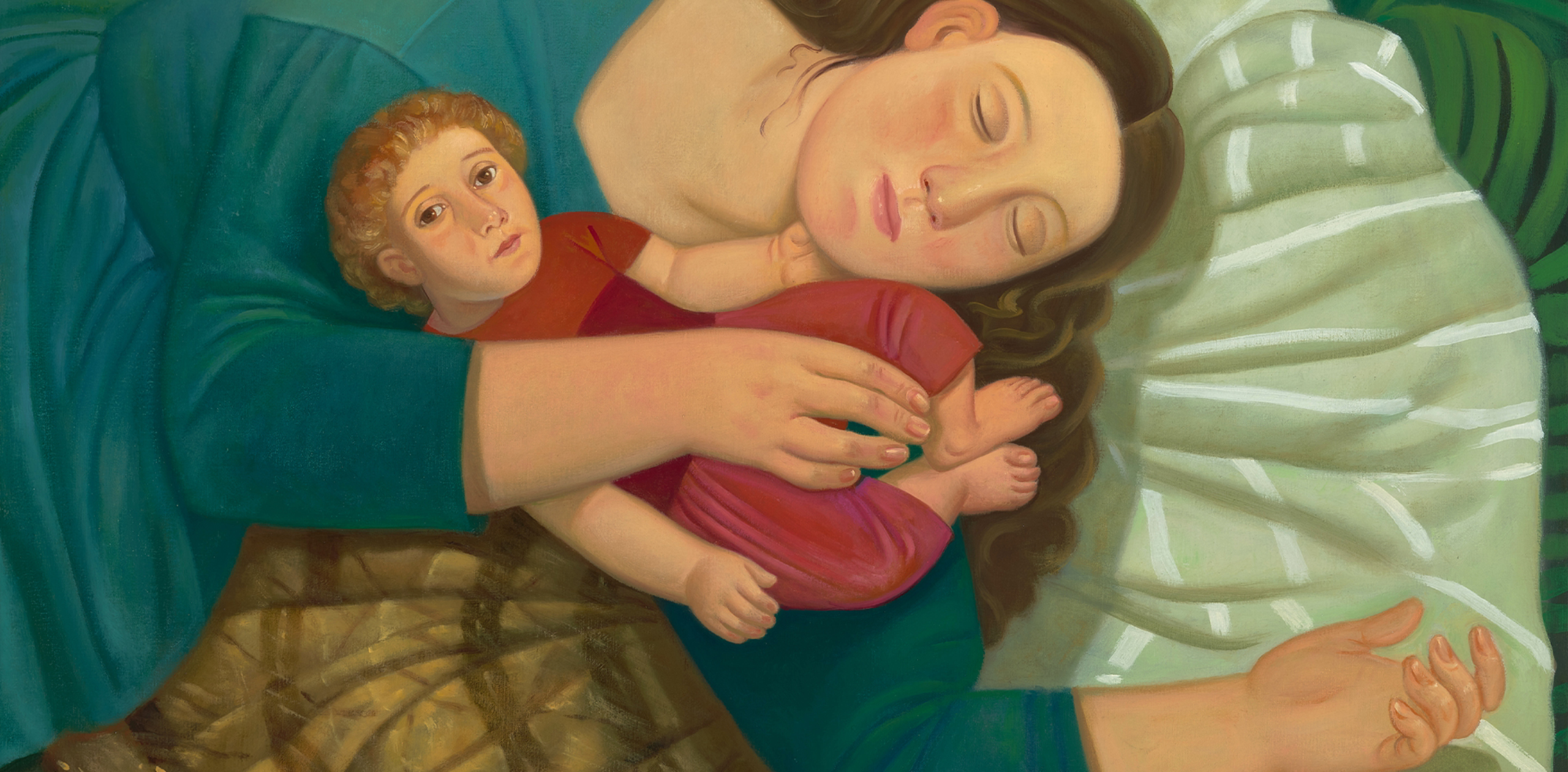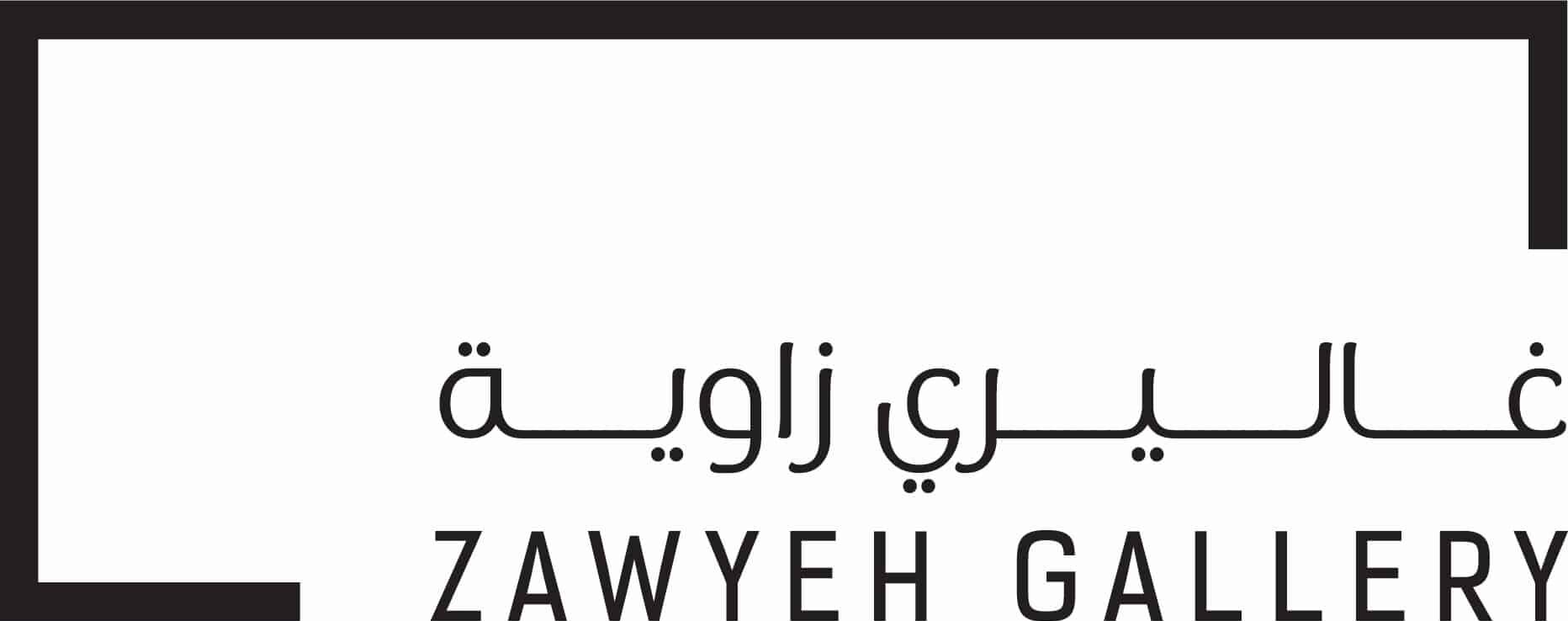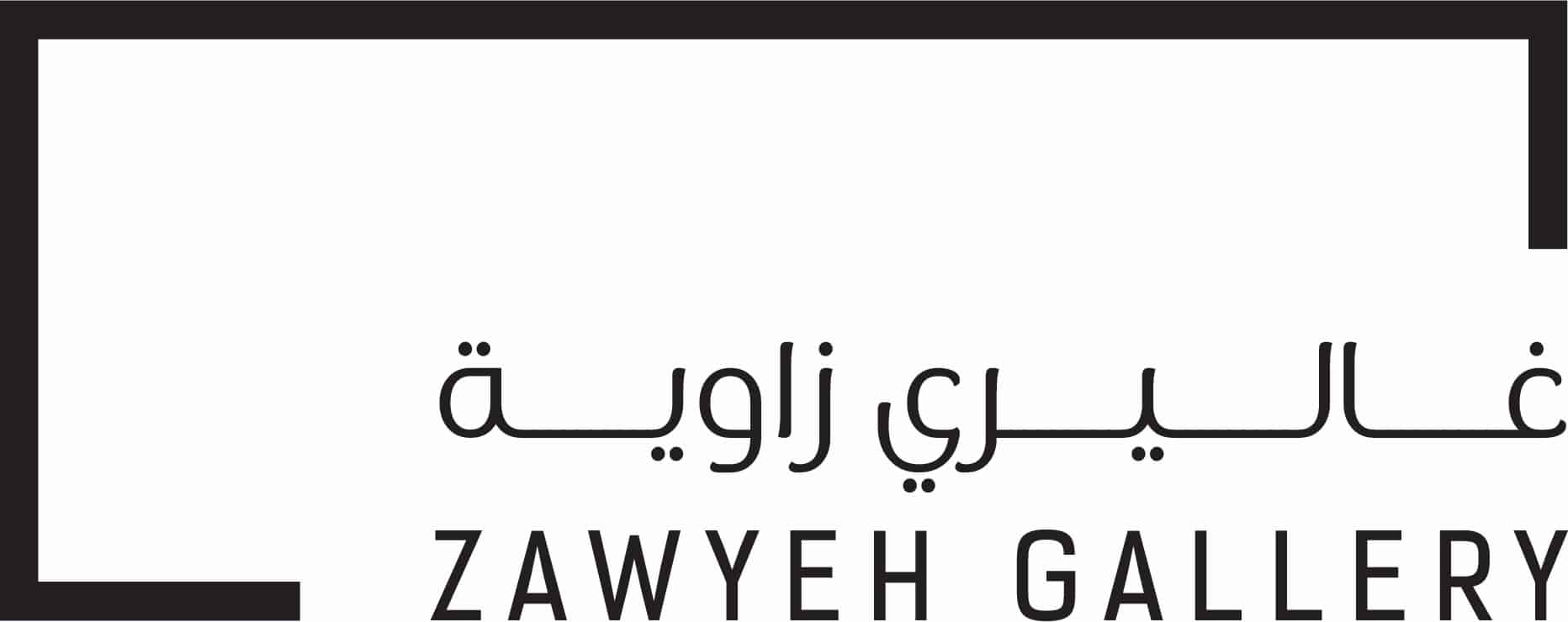
26 February – 30 May, 2023
Timeless Echoes
Afifa Aleiby
Location: Dubai
In Timeless Echoes, renowned Iraqi artist Afifa Aleiby presents her most recent work, echoing her own life and tackling multiple societal and humane subjects. Her paintings are poetic, with a unique quality of beauty mixed with the intensity of emotions. They are dominated by women: strong, fragile, happy, or miserable. Part of her work emits feelings of uneasiness, where women are presented in the form of monuments; white, motionless, and sad: broken in half like a statue; playing flute in the darkness; dressed in black hugging her daughter with a dark war background. Another section reflects happiness and contentment: A woman fast asleep holding her wide awake baby; another standing by a windowsill holding a flower as if waiting for a lover; a woman enjoying a sunny day in nature with warm settings.
Women appear elegantly despite the subject of the work even if the artist is reflecting on the reality of being a woman in a harsh society or presenting a scene from the war. There is a certain kind of beauty and serenity that envelopes their existence on Aleiby’s canvas. Her works are poetic, yet they are a mixture of realism and symbolism, with surreal quality at a time.
The variety of subjects she tackles expresses her life and own experience. Nada Shabout, the Iraqi renown art historian, notes: “At the first glance, Afifa’s work rattles the viewer with its intimacy. One cannot escape the uneasiness of entering a personal space. Afifa’s vibrant colors and the elegant lines of her figures are self-reflective. In response to her physical displacements, the space of the painting becomes her ultimate home.”
Aleiby was born in Basra in 1953 and comes from an affluent family that nurtured her artistic practice, which was regarded as quite unconventional at the time. She studied at Baghdad’s renowned Institute of Fine Arts and lived in several places including Yemen, Moscow, and Florence. Her style is influenced a great deal by Russian and Italian art. Aleiby went back to Iraq after years in exile but could not live there despite longing for her homeland. The features of the place have changed drastically after the war.
Her work is a reflection on women’s state in society even though she stresses that she does not intend it to be “a feminist statement” although it “may at times be related to women’s issues”. She adds: “I use the female figure as a medium to help communicate this idea. Women as human figures have something special that you cannot find in men: the way they move and their beauty.”
Aleiby expresses her personal experiences through her works along certain aspects of issues and ideas, whether reflecting on politics, beauty, or society. Yet the human remains the focal point in the painting and is represented by a woman.
Join our Newsletter
Sign up for our Newsletter and get all the latest news

